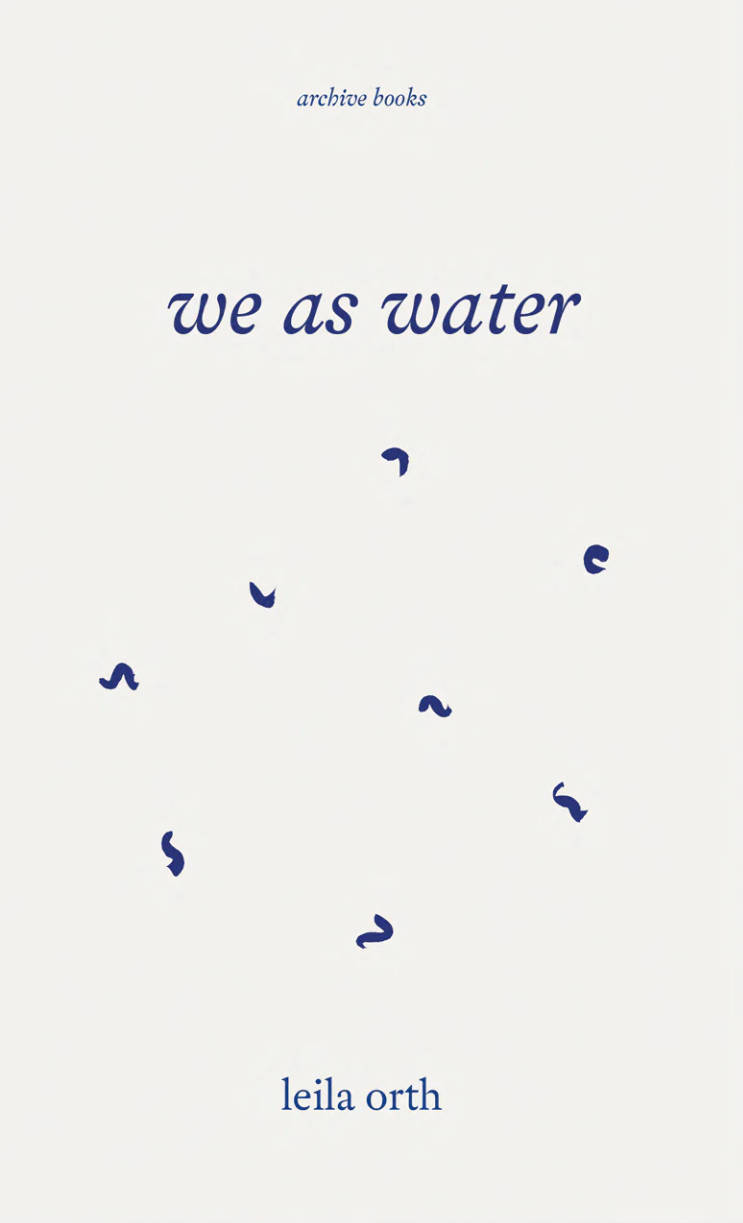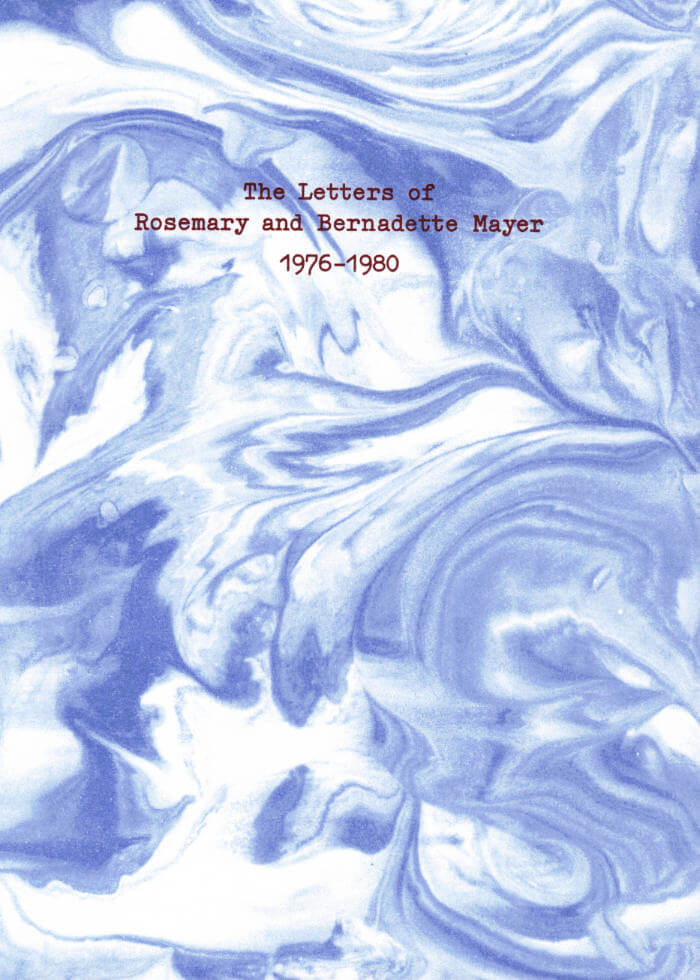
Shaping Revolutionary Memory – The Production of Monuments in Socialist Yugoslavia
Sanja Horvatinčić ed., Beti Žerovc ed.
A comprehensive overview of the vast production of monuments in socialist Yugoslavia (1945–91) dedicated to the antifascist People's Liberation Struggle in the Second World War and the socialist revolution.
Since the breakup of Yugoslavia in the 1990s, these monuments have been subject to various fates, from neglect and physical destruction to global fame generated by the high-modernist visual appeal of a number of them. But the full scope, wide-ranging diversity, and complex context of Yugoslav monument making, including its various contradictions, have remained largely unexplored.
The book offers a thorough and interdisciplinary exploration of this phenomenon and a rich visual material to examine its key characteristics and specificities: What memorial practices and commemorative traditions preceded the development of monument-making in socialism? Who commissioned these monuments and how did Yugoslav cultural and memory politics influence their production? Who were their authors and what defined their formal and typological features? How was Yugoslav monument production related to comparative efforts abroad? What commemorative practices developed around monuments? How is this legacy evaluated and received today, both in the post-Yugoslav successor states and internationally?
Contributions by Marija Đorđević, Sanja Horvatinčić, Heike Karge, Ljiljana Kolešnik, Vladimir Kulić, Bojana Pejić, Sabina Tanović, Beti Žerovc.







